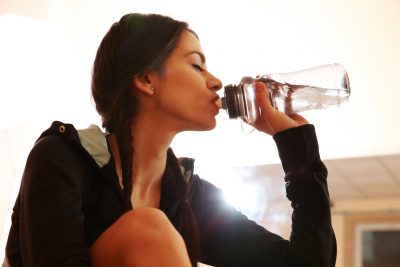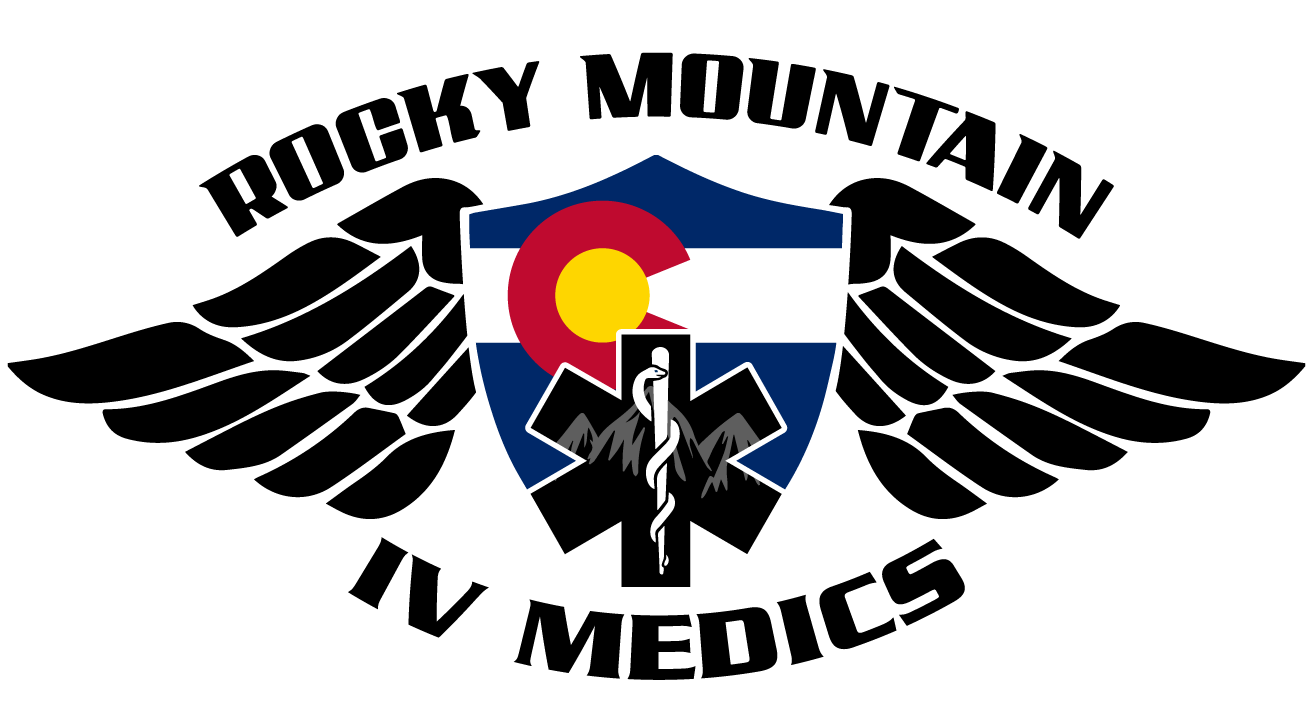Dehydration Signs: Recognizing the Symptoms & What to Do

Denver Altitude Sickness: Symptoms, Prevention & Remedies
February 6, 2020Hangover Prevention: 15 Tips to Avoid the Pain
March 9, 2020Dehydration Signs: Recognizing the Symptoms & What to Do

When you become dehydrated, your body lacks the fluid it needs to carry out daily functions. Every day, we excrete fluid as sweat and urine, and if we don’t replace it, we can become dehydrated.
While we often associate dehydration with the summer, you can get dehydrated any time of year. Learn the common causes and signs of dehydration.
Causes of Dehydration
Losing more fluid than you take in can lead to dehydration. Certain conditions can contribute to dehydration, such as:
- Vomiting
- Diarrhea
- Sweating or urinating more than normal
- Running a fever
In these cases, you often don’t replace what you lose because you aren’t thirsty, you feel weak, or you worry about getting nauseous. Exercising outdoors during hot weather can also lead to dehydration.
Signs of Dehydration
There are several clues that indicate your body fluid levels are imbalanced. What are those signs of dehydration?
- Dry mouth or bad breath
- Excessive thirst
- Headache
- Dark yellow urine or infrequent urination
- Fatigue
- Dizziness
- Dry, papery skin
Older people experience issues that are the same as the signs of dehydration in adults. However, those effects may be more intense because older adults have a higher risk of dehydration due to lower fluid volume in the body. Older adults may also suffer from chronic diseases or use medications, both of which can cause dehydration. Other signs of dehydration in elderly people include:
- Lower blood pressure
- Lack of sweat
- Pronounced lethargy
- A heightened sense of confusion, especially for people suffering from dementia
Also, it’s important to know the signs of dehydration in babies and children. Like older adults, young children are at higher risk of dehydration because they tend to lose too much of their fluids when sick, through vomiting, diarrhea, or sweating out a fever. Signs of dehydration in children include:
- Lack of tears when crying
- No wet diapers for infants and toddlers for at least three hours
- Crankiness
- Sunken facial features (cheeks, eyes)
- The top of the head may develop a soft, sunken spot in infants
Symptoms of Dehydration
Dehydration can cause several common side effects in teens and adults:
- Sleepiness
- Shallow breathing or increased heart rate
- Fainting
- Muscle cramps
- Fever
- Feeling disoriented or confused
- Mood swings
- Kidney or urinary dysfunction, seizures, or shock in advanced cases of dehydration
Understanding the signs and symptoms of dehydration will help you to act fast and replace your lost fluids as soon as possible.
How to Rehydrate Yourself
If you suffer from the signs of dehydration, you need to replace fluid quickly in order to recover. Start with water, but you can also try clear broth, popsicles, and sports drinks to help replace electrolytes and salt. You should avoid drinking anything with a lot of caffeine, which can dehydrate you further. Don’t consume soda, since you don’t want too much sugar.
You need to address the underlying cause of dehydration, or it won’t get any better. If you suffer severe diarrhea or vomiting for more than 24 hours, visit a physician to receive treatment. You may require medication for a full recovery. You should also see a doctor if you can’t keep fluids down.
Book IV Therapy for Dehydration
Consider IV Therapy for Dehydration
IV therapy can help you recover from dehydration. While you should still continue to drink fluids, an IV can work more quickly. It pumps fluid directly into your blood, which can lead to faster alleviation of dehydration symptoms.
Sometimes dehydration occurs at the worst possible time, and you need to find a way to feel better quickly. Getting an in-home IV drip is the most convenient way to receive treatment, especially if your dehydration has been caused by illness. This way, you don’t have to leave your home.
Dehydration Treatment: IV Fluids for Dehydration
An IV infusion eases the signs of dehydration by replacing lost fluids with a vitamin-rich solution for high-quality rehydration. We recommend the Myers’ Cocktail for our patients who need powerful IV therapy for dehydration.
The Myers’ Cocktail rehydrates with a sterile saline solution combined with vitamins, minerals, and supplements that reduce fatigue while restoring energy. The ingredients include:
- Vitamin B12
- B Complex vitamins: B1 (thiamine), B2 (riboflavin), B3 (niacin), B5 (pantothenic acid), B6 (pyridoxine)
- Vitamin C
- Zinc
- Magnesium
- Glutathione
The Myers’ Cocktail offers tremendous overall health support. The nutrients ease headache pain, maintain cellular health, support the immune system, promote strong nerves, tissues, blood, and bones, and much more. You can make this drip IV treatment even more versatile by customizing it with additional supplements or medications, depending on the specific signs of dehydration you’re experiencing.
Treat Dehydration Fast with Rocky Mountain IV Medics
With multiple locations throughout Colorado, we’re never far away when you need prompt dehydration relief. We can bring any of our drip IV packages to your home with our responsive mobile service, so you can relax and recover in comfortable surroundings. Don’t let dehydration get you down; the sooner you get IV therapy, the faster you’ll feel better. Fill out our online contact form or give us a call or text at (720) 987-2155.
